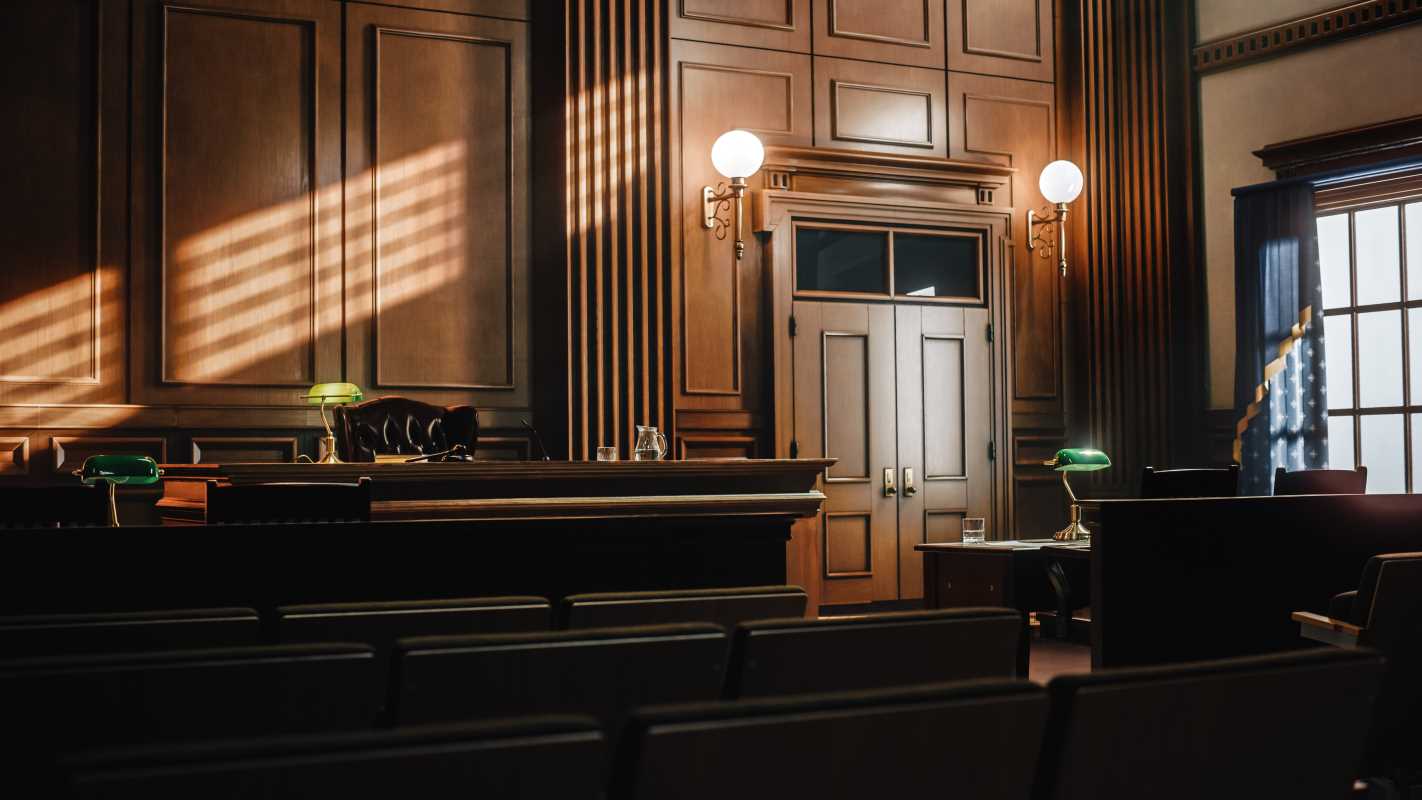Public defenders play a crucial role in the legal system, providing essential legal representation to individuals who cannot afford a private attorney. Their work is vital in ensuring that the right to a fair trial is upheld, and their presence in the courtroom helps maintain the integrity of the justice system. Understanding the workings of the Public Defender's Office can demystify the process and shed light on their important role in ensuring access to justice for all.
Public Defender's Role
Public defenders are court-appointed attorneys who represent individuals facing criminal charges. Their responsibilities are multifaceted and include defending their clients' rights, investigating cases, negotiating plea deals, and representing them during court trials. Given the nature of their work, public defenders often handle a high volume of cases, which can sometimes exceed manageable limits. This high caseload poses challenges in providing individualized attention to each client, but public defenders strive to ensure that every person they represent receives the best possible legal advocacy.
In addition to their courtroom responsibilities, public defenders engage in extensive preparation for each case. This preparation involves reviewing evidence, interviewing witnesses, and developing defense strategies tailored to each client's unique situation. Despite the challenges of heavy workloads, public defenders are committed to their clients, often working long hours to meet deadlines and adequately prepare for trials.
Funding and Resources
Public Defender's Offices are typically government-funded entities tasked with providing legal defense to those who cannot afford a private attorney. This funding usually comes from local, state, or federal government sources, and it is essential for the operation of these offices. However, budget constraints often limit the resources available to public defenders. Many offices struggle with inadequate staffing and financial support, which can hinder their ability to effectively represent clients.
Despite these limitations, public defenders are dedicated professionals who remain committed to upholding justice and advocating for their clients' rights. Many public defenders take pride in their work and are driven by a strong sense of social justice, which motivates them to provide the best representation possible, even under challenging circumstances.
Client Eligibility
To qualify for a public defender, individuals must meet specific criteria. Typically, they need to demonstrate financial need and face criminal charges that carry the possibility of incarceration. The determination of eligibility is made by the court, often during an initial hearing where the judge assesses the individual's financial situation and the nature of the charges against them. If a defendant meets the necessary requirements, they are assigned a public defender to represent them throughout the legal process.
This eligibility process ensures that public defenders focus their efforts on those who genuinely require legal assistance. However, there can be instances where individuals mistakenly believe they qualify but are turned away, highlighting the complexities involved in the eligibility determination.
Legal Expertise
Public defenders are skilled legal professionals with a deep understanding of criminal law and courtroom procedures. They undergo rigorous training and often possess a wealth of experience in the field of criminal defense. Their expertise is critical in building strong defense strategies for their clients.
Public defenders utilize their knowledge of the law to navigate the complexities of the legal system effectively. They also collaborate with other professionals, such as investigators, forensic experts, and social workers, to gather evidence and bolster their defense strategies. This collaborative approach helps ensure that their clients receive comprehensive representation and increases the likelihood of achieving favorable outcomes.
Client-Centered Approach
A distinguishing feature of public defenders is their commitment to a client-centered approach. They are dedicated to providing zealous representation and advocating for the best interests of their clients. This involves working closely with individuals to understand their unique circumstances, address their concerns, and ensure that their rights are protected throughout the legal process.
Public defenders strive to empower their clients by keeping them informed, involved, and prepared for court proceedings. This transparency helps clients understand the legal process, the implications of their charges, and the potential outcomes of their cases. By fostering open communication, public defenders can build trust with their clients, which is vital in navigating the often stressful and confusing landscape of criminal defense.
Challenges and Rewards
Working as a public defender can be both demanding and emotionally taxing. The high-stress nature of criminal defense work, coupled with heavy caseloads, can lead to burnout and frustration. Public defenders frequently encounter difficult cases, which can take a toll on their emotional well-being. However, many public defenders find their work to be incredibly rewarding. They have the unique opportunity to make a positive impact on the lives of their clients while upholding the principles of justice and fairness.
The satisfaction derived from helping individuals navigate the legal system, protecting their rights, and potentially changing the course of their lives is a powerful motivator for public defenders. Their commitment to ensuring that everyone receives fair representation, regardless of their financial circumstances, underscores the vital role they play in the legal system.
In conclusion, demystifying the Public Defender's Office can help individuals understand the vital role that public defenders play in the legal system. They are not just attorneys; they are advocates for justice, committed to ensuring that the legal rights of those unable to afford representation are protected. By providing legal assistance to those in need, public defenders uphold the fundamental right to a fair trial and work tirelessly to ensure that justice is accessible to all, regardless of financial means. Their dedication and expertise are essential components of a just legal system, making it imperative that society recognizes and supports the critical work they do.






